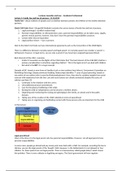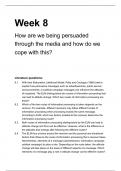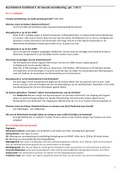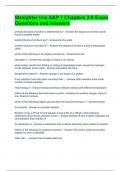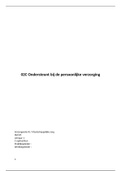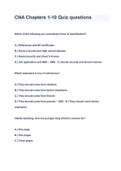College aantekeningen
Aantekeningen Hoorcolleges Juveniles & Law Academic Professional
- Instelling
- Universiteit Utrecht (UU)
Aantekeningen van de hoorcolleges van Juveniles and Law (Academic Professional) van de master Clinical Child Family and Education Studies. Gemaakt in studiejaar . Notes of the lectures of Juveniles and Law (Academic Professional) of the Master Clinical Child, family and Education Studies. Made...
[Meer zien]
